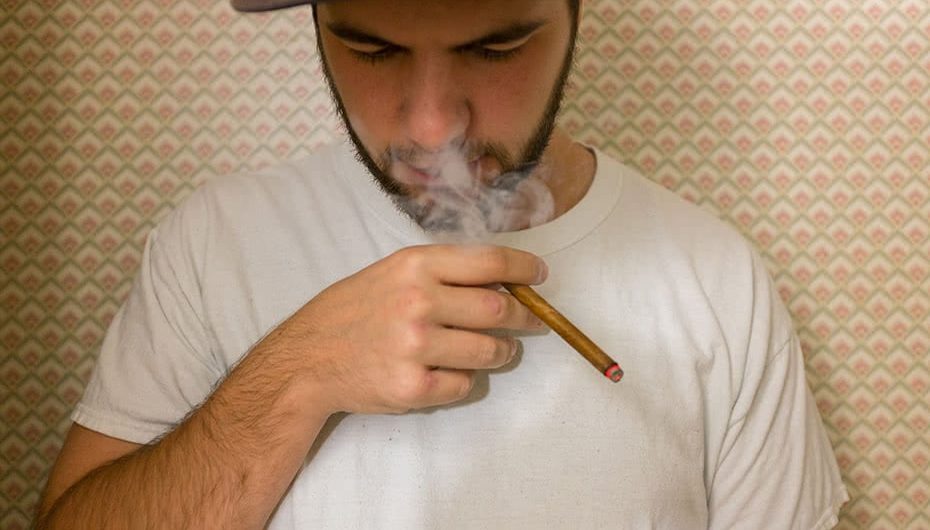Hashish, also known as hash or “grass”, is produced from the compacted trichomes of the cannabis plant. The buds and leaves of the cannabis plant contain a lesser concentration of active ingredients than hashish. THC (Delta-9-tetrahydrocannabiol) is the active ingredient in cannabis. The psychoactive effects are similar to marijuana but do differ between types of hashish.
Hashish varies in hardness and flexibility, and softens under high temperatures. Generally, its color is light to dark brown, however, shades of green, black, or ruddy brown are possible. The sticky liquid form of hash oil is either very black or a golden color.
Hashish can be consumed in many ways:
- Smoked in a water pipe
- Smoked as a joint
- Smoked in a pipe
- Cooked into food
- Inhaling the vapors hash oil
Side Effects
The hashish user’s high, which lasts about three hours, provokes feelings of peace and relaxation, elevates mood, reduces stress, and enhances sensory experience.
Short-term side effects include:
- Distortions in perception of time, color, and spatial boundaries
- A dream-like, fuzzy euphoria or feeling of well-being
- Unexplainable laughter and excitement
- An enlarged appetite or sudden hunger
- Panic attacks and paranoia
- Impaired coordination, speech and thought
- Dry mouth and throat
- Short-term memory impairment
[ADUNIT]Long-term side effects include:
- Reduced hormones levels
- Temporary loss of fertility
- Psychological addiction
- Loss of motivation
- Lung damage
- Weakened immune system
- Delayed emotional growth
- Risk of cancer
Although hashish is not physically addicting, it is habit-forming and can be abused like any other drug. Psychiatrists and medical physicians look toward addiction as the main issue to battle, and not the substance itself. Individuals seeking more drug information on hashish should ask their healthcare provider, or look to the large amounts of literature available on the Internet or in textbooks. Medical professionals suggest individuals seeking help for their addiction to hashish, or similar cannabis substance, should contact a rehabilitation center, local support groups, a psychologist who specializes in drug counseling, or a sober living establishment that administers a bi-weekly or monthly drug test.


